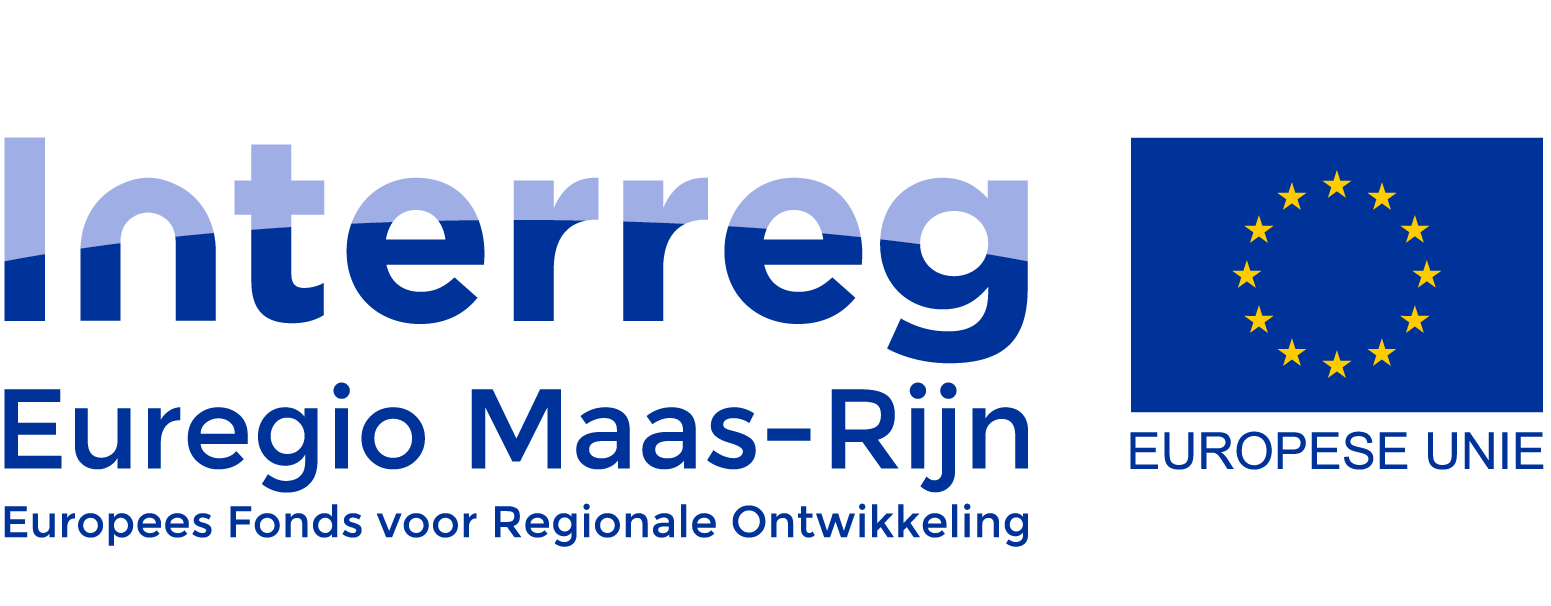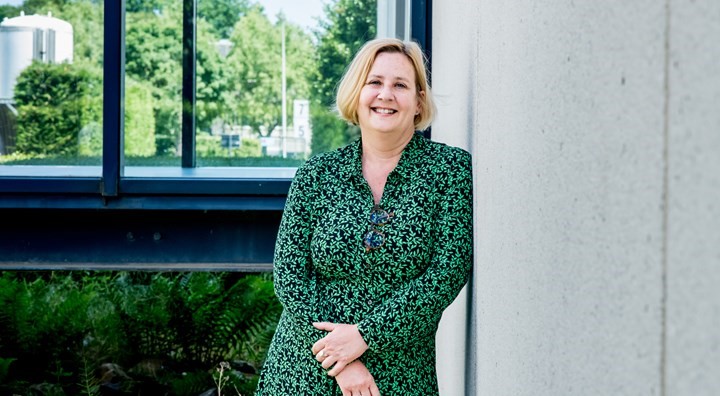Food Screening EMR
The project Food Safety EMR aims at supporting local SMEs in the transition to the future-proof farming industry. The aim of the project is to provide these enterprises with the newest insights into best practices and technological advances by adapting a co-creation process between the different stakeholders.



This project is being carried out with a contribution from the European programme Interreg Euregio Maas-Rhine, which promotes innovation, renewable energy, a healthy environment and the labour market through cross-border projects.
The project Food Safety EMR aims at supporting local SMEs in the transition to the future-proof farming industry. The aim of the project is to provide these enterprises with the newest insights into best practices and technological advances by adapting a co-creation process between euregional farmers and food producers on the one hand and technological SMEs in the region and the key euregional universities on the other hand.
Within this process, three major routes will be explored that are regarded to be cornerstones within the agricultural industry of the future: smart sensing, innovative cultivation techniques for sustainable production of nutritious food products, and creating solid legal foundations for making food and health claims.
Two euregional SMEs with close connections to the local agricultural industry will collaborate with the universities of Maastricht, Hasselt, and Aachen to transfer a sensing technology invented by Maastricht University in 2019 from the lab to the field. The technology has currently been validated in the lab (TRL 4) for the detection of drug molecules in unknown powders and will be expanded towards the detection of vitamins in food products.
Brightlands Campus Greenport Venlo will create a User Group consisting of both associated partners and non-partner industrial stakeholders in the region. Regional SMEs will be invited to participate in the project through this User Group and contribute to the development of the sensing technology and steering its application field and specifications to ensure a maximal effect on the economic competitiveness of their enterprise. This co-creation approach will ensure that the technology will be further developed within the framework of relevant agricultural case studies. The industrial demonstrator will also be tested in collaboration with the end-users using actual food samples in both a relevant industrial and operational environment (TRL 7).
More information can be found on the interreg project page.
Project coordinator:
- Maastricht University
Partners:
- Universiteit Hasselt
- Université de Liège
- RWTH Aachen
- IMEC vzw, Associated lab IMOMEC
- ZUMOlab GmbH
- Brightlands Campus Greenport Venlo
- PP Nunhems Netherlands BV.
Contact
prof. dr. ir. Ronald Thoelen

dr. Lieve De Doncker

